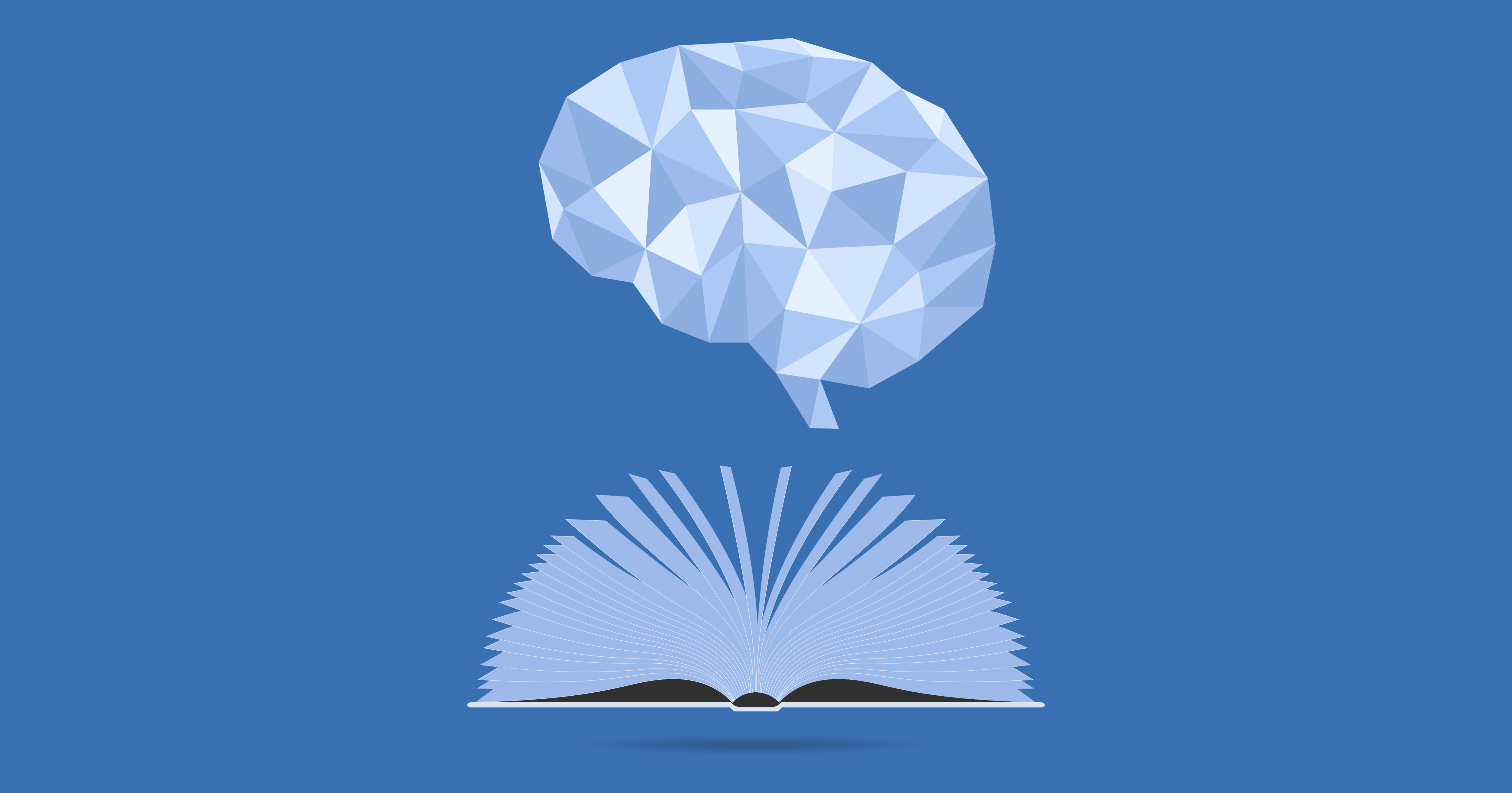The integration of AI in education is a positive and transformative force.As AI evolves, students
gain greater autonomy over their education, benefiting from personalized learning experiences
that transcend traditional constraints.
Artificial Intelligence (AI) is revolutionizing industries, and the educational landscape is NO exception. The swift adoption of AI in classrooms and academic institutions globally is evident, with 92% of educational institutions integrating AI into their regular operations, according to a study by IDC.
Unveiling the World of AI
To understand AI's role, it's essential to dispel misconceptions of futuristic robots dominating daily life. AI, also known as artificial intelligence, simulates human-like intelligence in computer systems. Despite its perceived complexity, AI is already ingrained in our daily lives, as seen in voice recognition features like Apple's Siri and Google's Alexa.
Streamlining Administrative Tasks
AI lends a hand to educators by simplifying administrative tasks, allowing more time for lesson preparation and teaching. Grading exams, admission management, and handling paperwork become streamlined through AI efficiency.
Personalized Learning Experience
AI tailors educational experiences to individual preferences, addressing diverse learning levels within a classroom. Providing users with AI powered learning platforms.
Collaboration Between Teachers and AI
While machines can't replace the nuanced care of teachers, AI enhances the efficient addressing of individual student needs. Time saved through AI assistance enables teachers to devote more attention to students, enriching the overall learning experience.
Universal Learning
AI bridges gaps between students with diverse needs. Tools like Presentation Translators translate presentations, making education accessible to students with different languages, impairments, or disabilities.
Advantages of AI for Students
Personalized Learning
AI-powered educational platforms such as Khan Academy and Duolingo offer personalized learning paths tailored to individual student needs. For example, Duolingo adapts its language lessons based on each learner's strengths and weaknesses, ensuring efficient progress.
Immediate Feedback
AI-enabled assessment tools like Socrative and Quizlet provide instant feedback to students on their performance. For instance, after completing a quiz on Socrative, students receive detailed insights into their answers, helping them understand where they need improvement.
Accessibility
AI technologies improve accessibility for students with disabilities. For instance, voice recognition software like Dragon NaturallySpeaking assists students with mobility impairments in completing assignments and participating in classroom activities more independently.
Advantages of AI for Educators and Schools
Data-Driven Insights
AI algorithms analyze vast amounts of educational data to provide educators with valuable insights into student learning patterns and areas for improvement. For example, platforms like BrightBytes use AI to analyze school data and provide recommendations for enhancing student outcomes.
Customized Lesson Plans
AI-powered learning management systems (LMS) such as Moodle and Canvas enable educators to create customized lesson plans and assessments tailored to individual student needs. These systems automate administrative tasks, allowing teachers to focus more on delivering quality instruction.
Engagement and Motivation
AI-driven educational games and simulations, such as Minecraft: Education Edition and Prodigy, foster student engagement and motivation by making learning interactive and fun. For instance, in Minecraft: Education Edition, students collaborate on building projects that reinforce concepts in subjects like history and mathematics.
The Future of AI in Education
Adaptive Learning Systems
AI-driven adaptive learning systems will evolve to provide even more personalized learning experiences for students. For example, adaptive learning platforms like DreamBox Learning (Platform) use AI algorithms to adjust the difficulty of math problems based on each student's performance and learning pace.
Virtual Reality (VR) Experiences
VR technology will revolutionize education by offering immersive learning experiences. For instance, platforms like Google Expeditions allow students to explore virtual environments such as historical landmarks and natural wonders, enhancing their understanding of various subjects.
Intelligent Tutoring Systems
AI-powered tutoring systems will become more sophisticated, providing students with personalized support and guidance. For example, Carnegie Learning's MATHia platform uses AI to analyze student responses and offer targeted feedback to help them master math concepts at their own pace.
Conclusion
The integration of AI in education is a positive and transformative force. As AI evolves, students gain greater autonomy over their education, benefiting from personalized learning experiences that transcend traditional constraints. Embracing these technological advancements is not just a choice for the future but a present necessity in the ever-evolving landscape of education.
To experience firsthand the potential of AI-driven education solutions, we invite you to request a demo from ExamRoom.AI.
